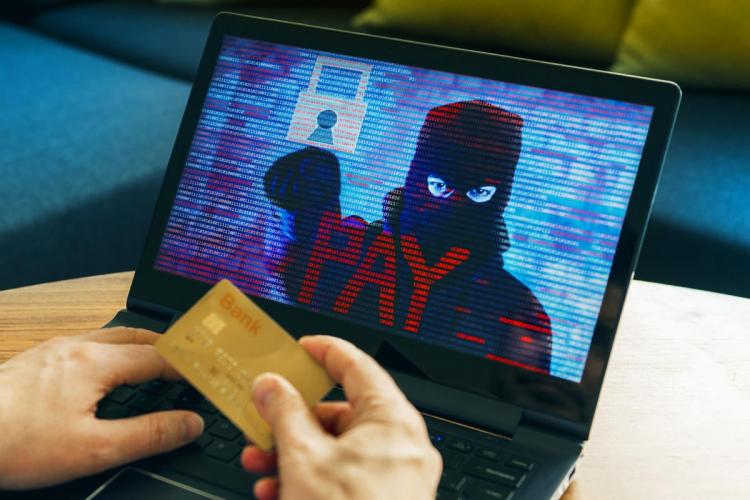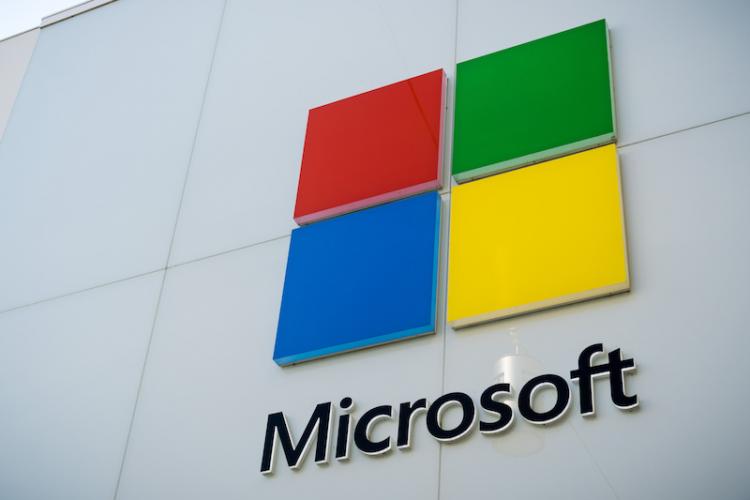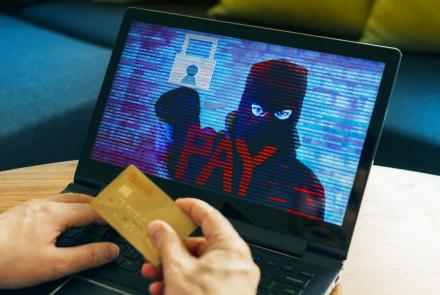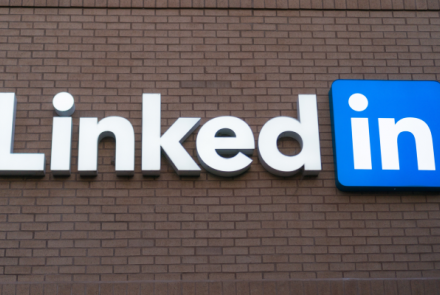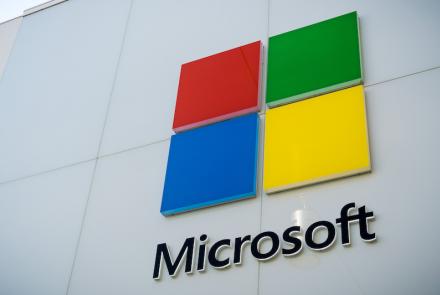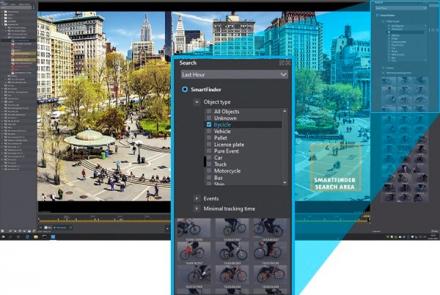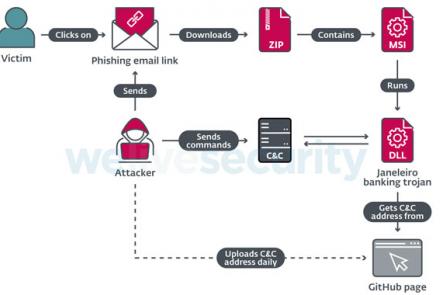Two-fifths (39%) of ransomware victims paid their extorters over the past three years, with the majority of these spending at least $100,000, according to new Anomali research.
The security vendor hired The Harris Poll to complete its Cyber Resiliency Survey – interviewing 800 security decision-makers in the US, Canada, the UK, Australia, Singapore, Hong Kong, India, New Zealand, the UAE, Mexico and Brazil.
American IT companies and government have been targeted by the Nobelium state-sponsored group.
The same group behind the SolarWinds supply-chain attacks has been targeting Microsoft’s corporate networks to gain access to specific organizations — primarily, U.S.-based IT and government organizations.
Saryu Nayyar, CEO at Gurucul, discusses the new Cold War and the potential for a cyberattack to prompt military action.
The Cold War concept isn’t outdated. In the decades since the fall of the Soviet Union, the battleground has simply shifted from conflicts between ideological proxy governments to cyberspace. And the opponents have grown from a few primary nations into a broad range of sovereign threat actors.
The wormable malware spread from Android to Android by sending messages offering free Netflix Premium for 60 days.
Malware disguised as a Netflix app, lurking on the Google Play store, spread through WhatsApp messages, researchers have discovered.
According to a Check Point Research analysis released on Wednesday, the malware masqueraded as an app called “FlixOnline,” which advertised via WhatsApp messages promising “2 Months of Netflix Premium Free Anywhere in the World for 60 days.” But once installed, the malware sets about stealing data and credentials.


